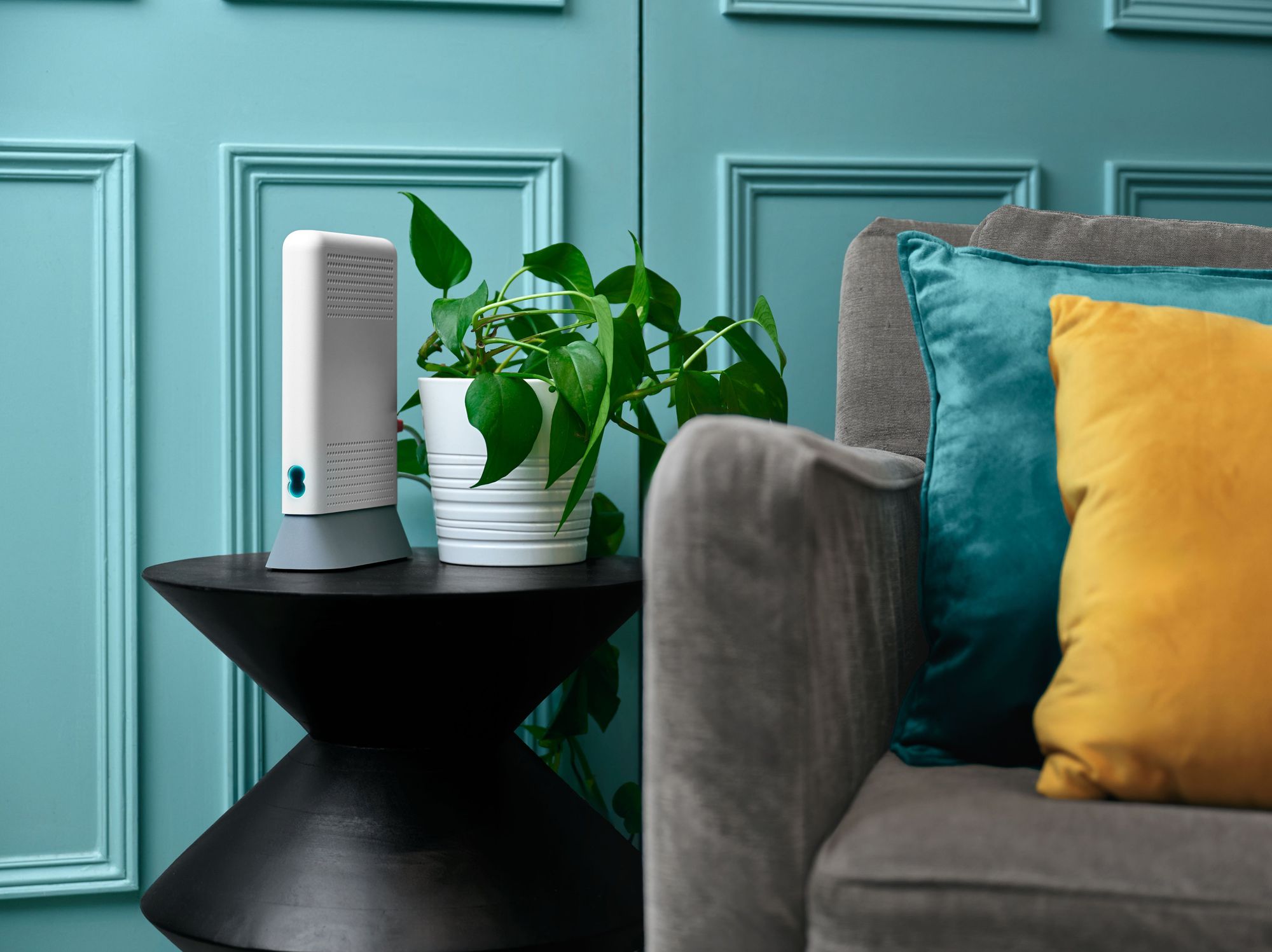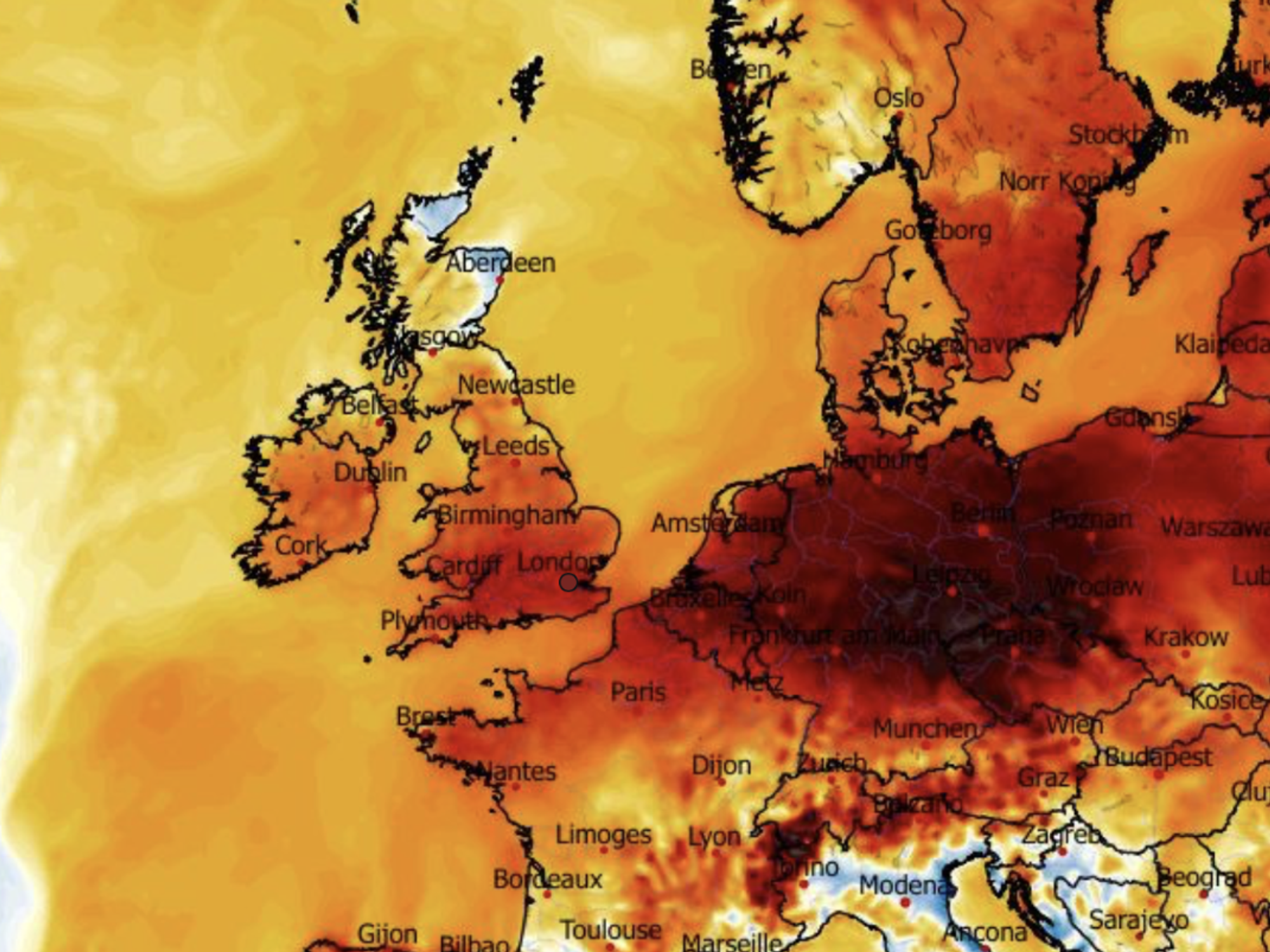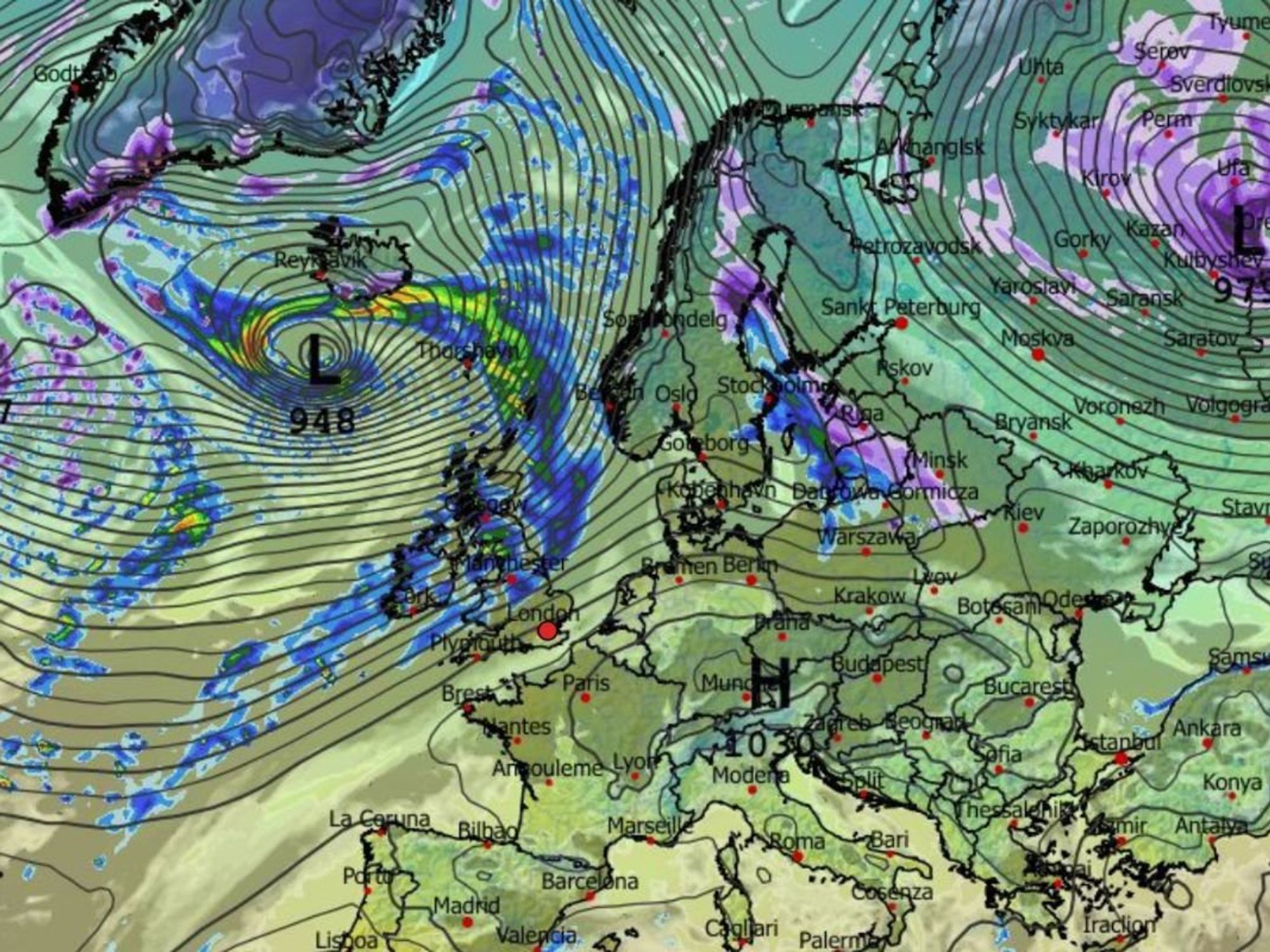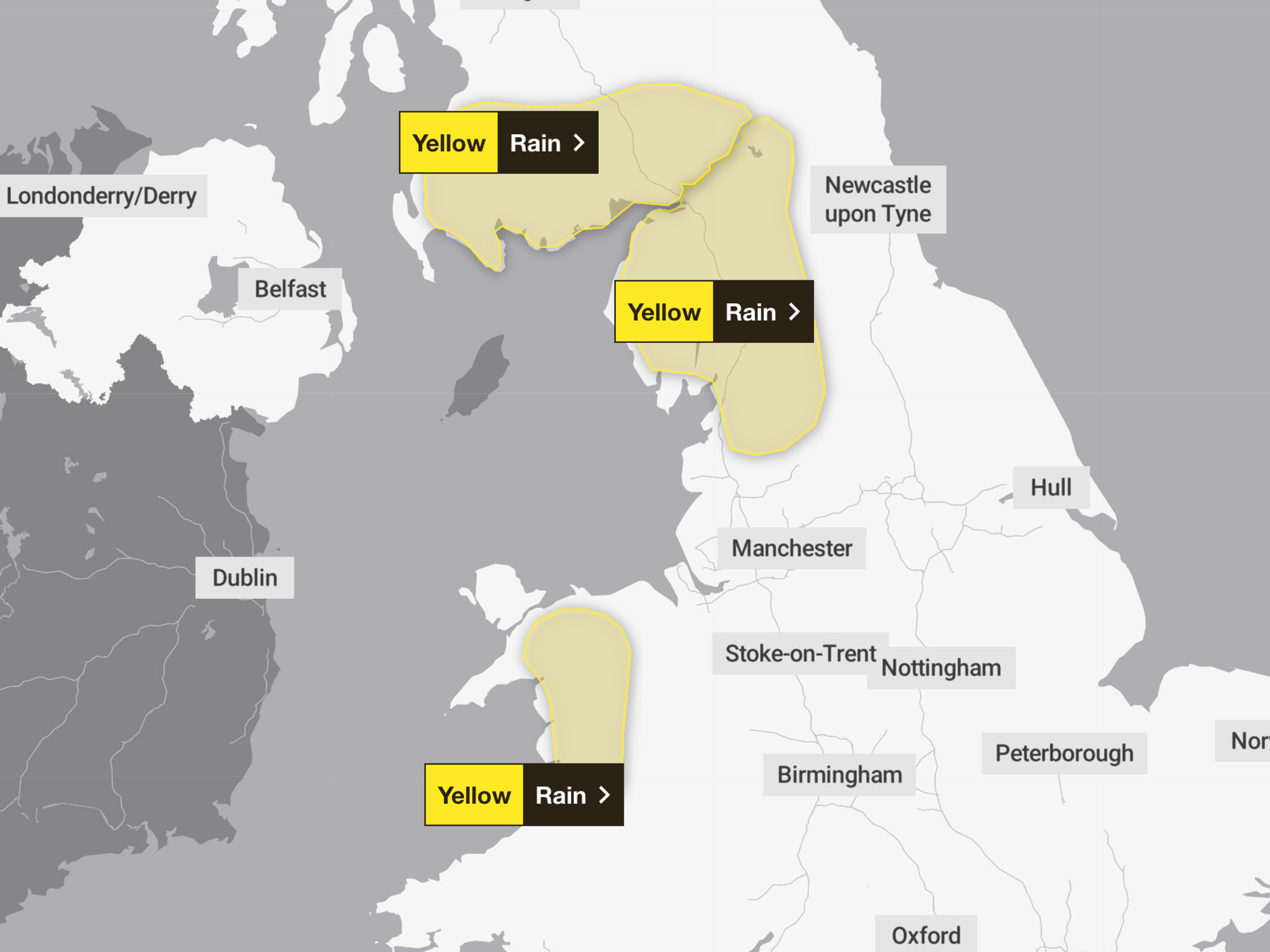Colin Brazier: Masks will be the new culture war frontier

By Colin Brazier
Published: 05/07/2021
- 20:09Updated: 05/07/2021
- 20:36Already battle lines are being drawn
Don't Miss
Most Read
So what will you do? Mask, or no mask?
Face as nature intended, or covered up for the foreseeable future.
In an age of identity politics a better question is not what will you do - but WHAT will you be?
A masker or a denier. A virtue-signaller or a freedom fighter. A Cavalier or a Roundhead.
This has the potential to be worse than Brexit. Then, nobody could look at you and know whether you were a Leaver or Remainer. A fortnight from today, they might.
The Prime Minister this afternoon said he wants YOU, not the state to decide whether or not, where and when, to wear a mask after July 19th.
But already battle lines are being drawn. A senior government scientist yesterday said he wanted masks to be worn in enclosed public spaces indefinitely.
The public are split - in proportions eerily similar to Brexit. In May YouGov found that a small majority said they’d keep face coverings in crowded places even after the law forcing them to do so was lifted.
The Continuity Maskers will insist that keeping one on is the mark of a good citizen. It doesn’t stop you, the wearer, from catching the virus, but it might stop you giving it to someone else. Putting one on, offers reassurance to the vulnerable. How virtuous, how visibly virtuous is that.
The maskless have their shibboleths too. Masks are project fear, given that covid has stopped being a rampaging plague. Masks cut citizens off from one-another, make human-to-human contact - never more needed than now - more difficult. Their use has become all about posturing, rather than rationality. Where’s the sense in making someone in a restaurant wear one in the loo, but not at their table. That’s assuming masks ever worked in the first place, a topic on which some scientists remain sceptical.
This isn’t about the nanny state anymore. Quite the opposite. This is about the state saying - over to you. Over to individuals, businesses, retailers, transport networks, cafes, unions, HR departments.
It’s a dramatic new societal dynamic and one requiring not only that individuals exercise choice, but decide how much they really care about their convictions. If your favourite restaurant insists on masks, will you keep on going there? If your boss says masks are no longer needed in the office or shop-floor, will you take your labour elsewhere, call an employment lawyer, or strike, or do nothing?
It is hard to imagine so many complex questions condensed into a single visible action.
It’s an action that so sums up the way we debate things in our country now. For many of us, it feels like the days when you could politely disagree - especially with a stranger - are gone. Now someone who chooses to wear a mask or not won’t just have reached a flawed conclusion in the eyes of his or her critics - but be morally deficient. Not just wrong, but bad.
Just like the referendum on Scotland breaking with the UK in 2014, it has the potential to sunder friendships. But it might do something else too. Because the mask is such an obvious badge of affiliation, it will become assortative. Birds of a feather will stick together. Some workplaces will achieve a critical mass of maskers, others won’t.
Perhaps you think I’m over-stating the case for conflict. I hope I am. Maybe we’ll become like Japan where some people mask up, and others don’t and that’s fine. But recent history - not least in America - suggests that masks are deeply, deeply divisive. It’s hard to imagine a more efficient new way of driving a wedge between THEM and US.
And that is tonight's Viewpoint.











